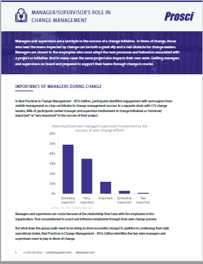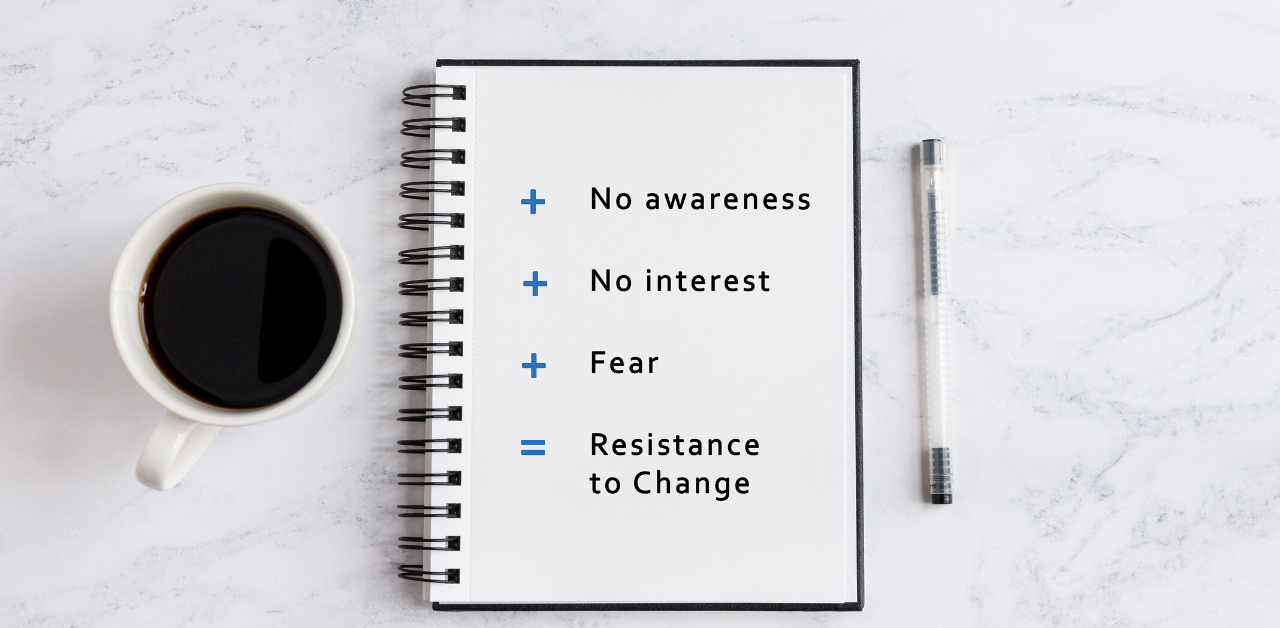On the 11th March I was sat on a train travelling to London ready to get on a flight to Norway. Part way through the train journey I received a call to say my trip was cancelled. Although Covid-19 had been in the news for several weeks, this was the first time I became aware of how it would affect me. I expect many can say with certainty when Covid-19 first truly impacted their lives.
During times of change we each have an individual change journey to travel. Prosci’s model for individual change is ADKAR: Awareness, Desire, Knowledge, Ability and Reinforcement. On my train journey in March I began to develop some awareness of the need to change, and over the coming months my ADKAR journey would progress forwards (and backwards) as new events took place and communications were released.
My ADKAR journey has symbolised, to me, how our work and home lives can become entangled. I have had personal changes to make at home and role related changes related to make at work – we all have. Our executives and managers have also been travelling their own ADKAR journeys. During times of change, executives and managers have additional challenges to get to grips with. Prosci has some ways to define these challenges and support them at times of change.
Prosci’s Best Practices Research tells us managers are the preferred senders of personal messages about the change. They are the people their teams want to hear from when talking about the reasons to make a change. Managers can help drive up (or down) desire for a change. Their teams rely on them to communicate about change and fulfil four other roles: liaison, advocate, resistance manager and coach.
Featured Download: Manager/Supervisor's Role in Change Management
As a result, Prosci have developed the coaching plan for us as change practitioners to support managers to fulfil these roles. As part of the coaching plan we can run workshops to ensure managers are equipped to lead employees through change. However, we need to bear in mind managers cannot fulfil these 5 roles without first having travelled their individual change journey.
Prosci’s Best Practices Research also tells us executives are the preferred senders of organisational messages about the change. Our executives have spent the last few months working to understand the current state, use the information they have gathered to help inform strategy design, sponsor how the organisation will adapt and adopt the changes to remain safe, and support their direct reports through their individual change journeys. 
As change practitioners we can help executives to fulfil their role to sponsor the strategy and support their direct reports. For sponsorship Prosci defines 3 critical roles for executives: active and visible sponsorship, coalition building and communicating directly. We can support in a variety of ways:
- Taking time to show an executive how to use the organisation’s chosen virtual communication platform proficiently, for those meetings when they can actively and visibly promote its use to employees
- Connecting with other executives and leaders so they are aligned with the messaging for the changes that are necessary
- Booking out time in the diary of an executive so they can join the start of a meeting to thank employees for their continued effort during Covid-19.
During the last few months the changes we have made to ensure we can stay safe and continue to work has underpinned much of our daily lives. To continue to maintain this rate of change, we need to ensure our managers and executives are equipped and supported to fulfil their roles.
How can I learn more?
Interested in becoming a Prosci certified change practitioner? Attend an upcoming Virtual Prosci Practitioner Certification Programme. Find out more or download the brochure.
CMC Global also offers private, single-company training and advisory support. For more information on our virtual and remote options, get in touch!


